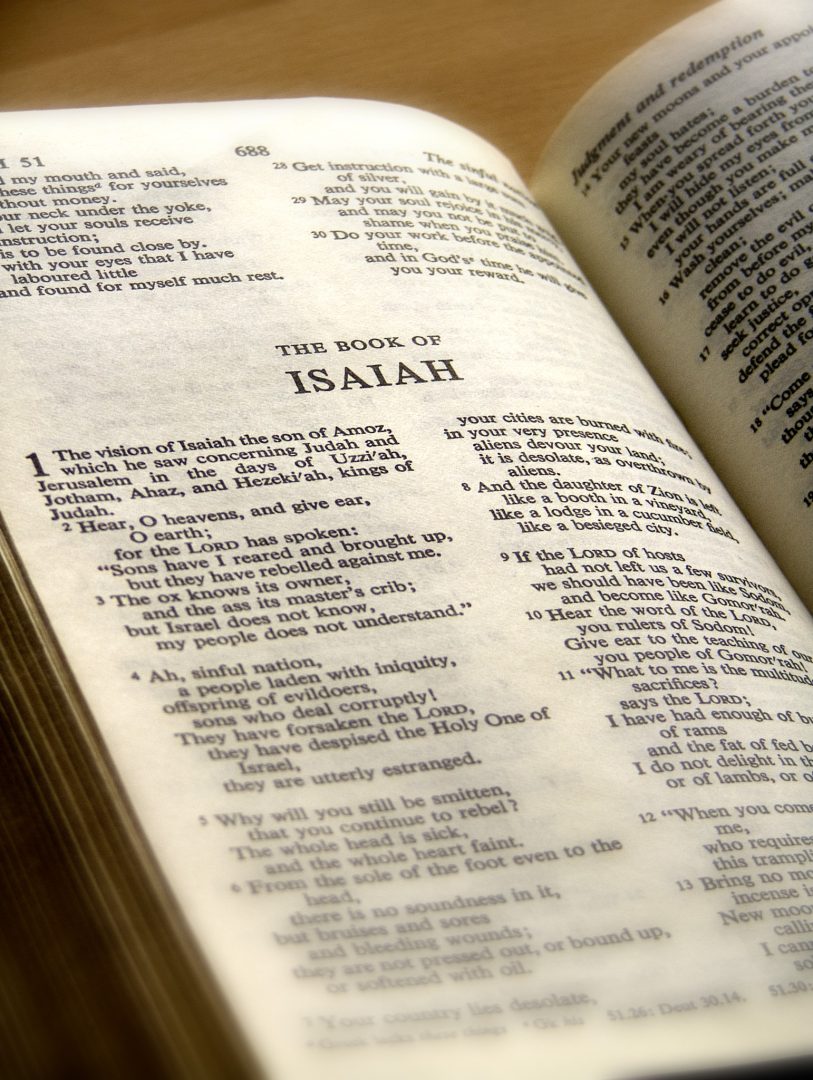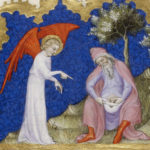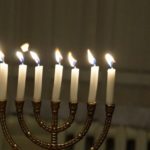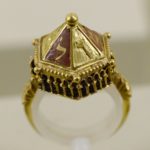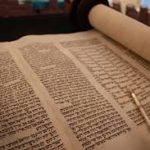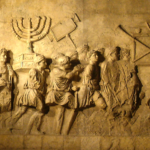Isaiah: A biography
Isaiah was born in the 8th century BCE. His name in Hebrew, Yesh Yahu means Salvation is the Lord. He includes very few autobiographical details in his writings. The personal information disclosed within his prophecies tends only to be incidental to the message.
His father’s name was Amoz (Isaiah 1:1). According to Jewish tradition, he was related to the royal family of Judah. The Talmud states that Amoz was the brother of King Amaziah and also a prophet (Megillah 15a). Biblical references to his easy access to the royal palace and relationship with the royal house give credence to this suggested aristocratic affiliation.
Isaiah had a wife whom he referred to as the ‘prophetess’ (Isaiah 8:3). It is speculated that this may have been an honorary title bestowed upon her because she was the wife of a prophet and not necessarily because she was a prophet in her own right. However, we cannot know this for certain.
Sons of Isaiah
They had two sons together who possessed symbolic names, Shearjasub meaning A remnant will return (Isaiah 7:3) and Maher-shalal-has-baz – Plunder hastens; Spoil quickens (Isaiah 8:1:4). The use of these symbolic names is explained as Divinely ordained events that will befall the people (Isaiah 8:18).
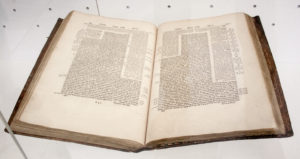 His ministry was in the Kingdom of Judah, where he lived (Isaiah 7:3; 22:15; 28:4; 37:2) and spanned the reigns of four kings: Uzziah, Jotham, Ahaz and Hezekiah (Isaiah 1:1). It is believed that he began his career in the latter years of Uzziah’s reign, around 740s BCE and continued in his ministry for a good deal more than 50 years. This suggests that he outlived Hezekiah.
His ministry was in the Kingdom of Judah, where he lived (Isaiah 7:3; 22:15; 28:4; 37:2) and spanned the reigns of four kings: Uzziah, Jotham, Ahaz and Hezekiah (Isaiah 1:1). It is believed that he began his career in the latter years of Uzziah’s reign, around 740s BCE and continued in his ministry for a good deal more than 50 years. This suggests that he outlived Hezekiah.
Evidence that his career continued after the death of Hezekiah may be found in the Talmud. It is stated that he died in the reign of King Manasseh (Yeb 49b). Whilst biblical sources also bear this out in that Isaiah wrote a biography of Hezekiah (2 Chronicles 32:32).
His writings are known for their stirring and lyrical beauty. He issues dire warnings of destruction. He lashes out against hypocrisy and idolatry but also comforts, offering hope to the poor and downtrodden.
Often acknowledged as being the most political of the prophets, his aristocratic connections and confidence of the king did not prevent him from launching a verbal attack upon the ruling classes in defense of the common folk. There were years of great prosperity during Uzzia’s reign. However, Isaiah witnessed the oppression of the poor by the rich and greedy (Isaiah 1:11-23)
Witnessing the most Turbulent Days in the History of Judah
In his lifetime, Isaiah witnessed some of the most turbulent phases of the history of Judah. The kings of Israel and Damascus made war against Judah during the reign of Ahaz.
Isaiah counseled Ahaz to face the enemies and turn to God for support. However, Ahaz turned to the Assyrians under King Tiglath Pileser. Concerned by the alliance with the Assyrians and Ahaz’s apparent lack of trust in God, Isaiah foretold the oppression of Judah by the Assyrians.
Similarly, in the reign of Hezekiah, he warned against an alliance with the Egyptians and the disastrous consequences that would follow. He Kingdom of Judah was nearly destroyed.
Death of Isaiah
Isaiah died in the reign of King Manasseh. Apparently, according to the Jerusalem Talmud, Isaiah was murdered by (Sanhedrin x). Manasseh, a known idolater, discovered Isaiah hiding in a cedar tree. According to this account, Manasseh, who ordered the tree to be sawn in half, spotted the fringes of his garment that gave Isaiah away. Isaiah was sawn in half too.
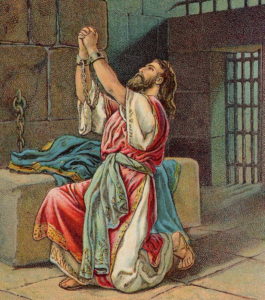
To this day he is one of the most influential prophets in Judaism. In the weekly Sabbath readings, more Haftaras are taken from the books of Isaiah than any of the other prophets.

